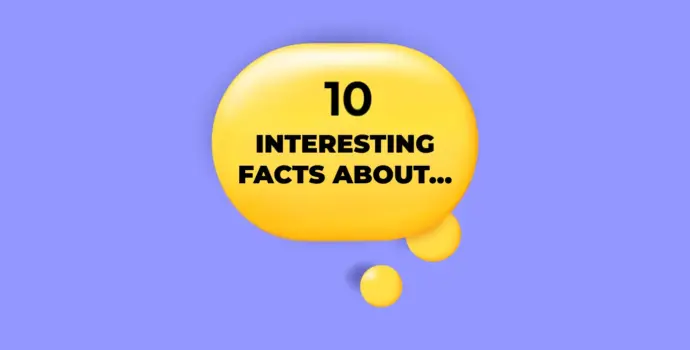In late September 2024, California legislation introduced a ban on the “purchase” of subscription-only services, free-to-play games, and digital goods that offer “permanent offline downloads to an external storage source for use without an internet connection.”
The conclusion is that if a game can be played offline, it cannot be purchased. The clarification is more of a terminological one – digital goods sellers cannot use the terms "buy", "purchase" or related terms that would transfer or grant ownership on the digital good. The person offering the relevant digital good or service (in this case – the game) must explain in a prominent place and in precise terms that "the digital good is provided with a license" and provide a link to its general terms and conditions. The reason is fraud and abuse in cyberspace, which have been growing rapidly recently. However, companies like STEAM fear that the law will not have a good impact on their marketing and sales, even though it was introduced with good intentions to deal with cybercrime.
Why is it incorrect to say that I am "buying a video game," even though at first glance it seems exactly that way?
Although primarily objectified on a tangible medium, video games contain a multitude of intellectual property rights, including copyright. By purchasing such an object, consumers do not become authors, but usually use the game for personal purposes and entertainment – i.e. they literally “enjoy” it. Use in the field of intellectual property is guaranteed through licenses – contracts that regulate the disposal of intellectual property rights, their alienation, the transfer of the right to use them, etc.
Why don't companies like STEAM approve of banning the terminology, even though it appears legally correct?
According to statistical studies Playing computer games is one of the most popular ways to spend free time (and today some even make a living from this hobby), enjoying over 1 billion users worldwide by 2024. Those in question are not obliged to use the correct terminology, but marketers are obliged to provide it to them. From a marketing perspective, the statement would intimidate consumers, leaving them with the impression that they cannot fully use the games, or even that there is a risk that licensors will prematurely limit their use. Such concerns should not be justified if licensing is regulated correctly for the benefit of both parties.
Image source: Proxima Studio





